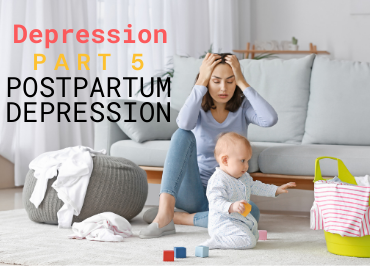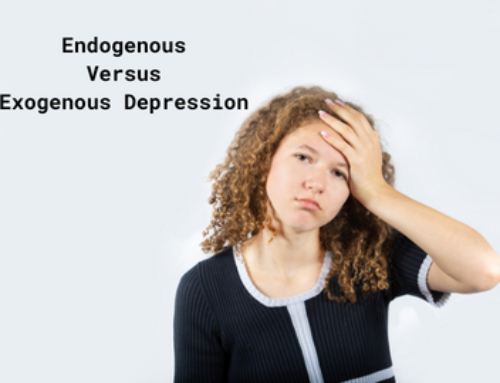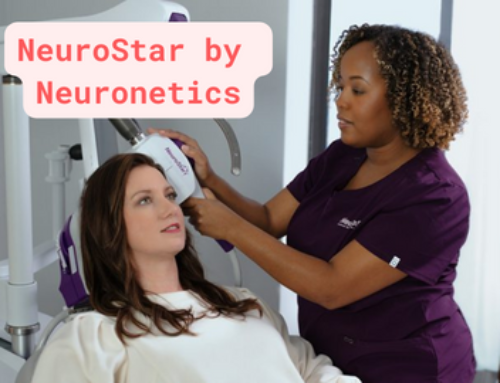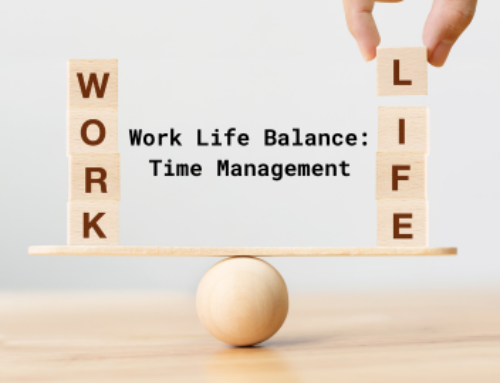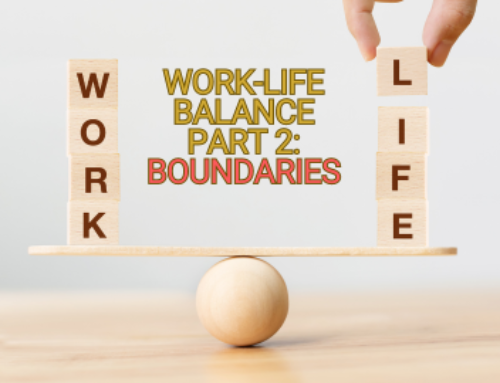A Brand-New Person
Having a child is a big deal. It’s usually a joyous time that is anticipated and celebrated, but the period of pregnancy, birth, and a child’s early life is also extremely stressful. The CDC estimates that about 1 in 8 new mothers will experience symptoms of postpartum depression. Today, we’re going to look at postpartum depression: Its definition, causes, symptoms, and how to get help.
What is Postpartum Depression?
Postpartum depression is a type of depression that sets in after giving birth to a baby. It can affect the person who gave birth as well as produce fallout for others, like partners or other children.
There are other types of pregnancy and birth-related depression. Perinatal or prenatal depression begins during the pregnancy. The anxiety and fatigue of post-birth “baby blues” usually go away within days. Postpartum depression typically lasts longer and is more severe.
Causes of Postpartum Depression
- Hormones! The levels of hormones ebb and flow in ways that are often distressing.
- Physical complications from the birth.
- Loss of routine and/or isolation. Newborns need a lot of attention, and someone may have to stay home all the time if other options aren’t available.
- Economic stressors and financial worries.
- Stress from the demands of a new baby, like lack of sleep.
Symptoms of Postpartum Depression
- A fragile mood with possible crying spells.
- Feelings of guilt if the sufferer is not as happy as they are expected to be.
- Anxiety about parenting skills.
- Fear that they’re not bonding well.
- Inability to lift a low mood.
- Feeling despair, like their situation will never end.
Someone experiencing symptoms like delusions or mania may be experiencing postpartum psychosis. This is an emergency that should receive immediate attention from professionals.
Help for New Parents
It’s important to get help for postpartum depression to improve bonding time for the parent and child. We need to eliminate the stigma one person at a time, so reject any feelings that you’re weak or a bad parent for having postpartum depression. Getting help to make your life better is part of being the best parent you can be. Contact us any time for a consultation or to make an appointment.

